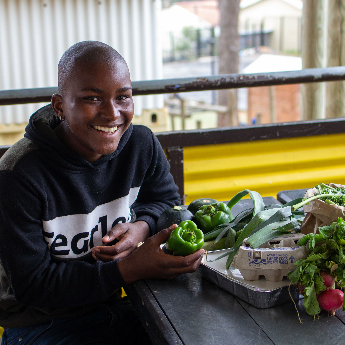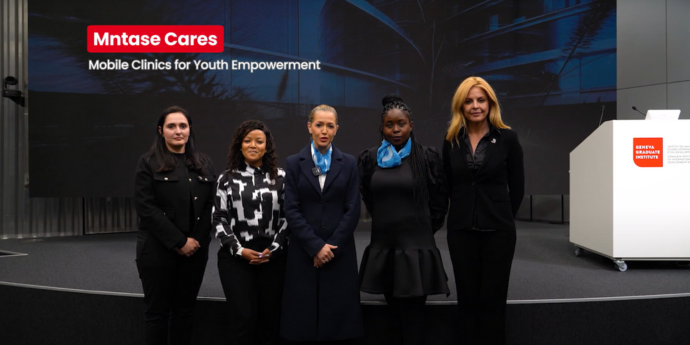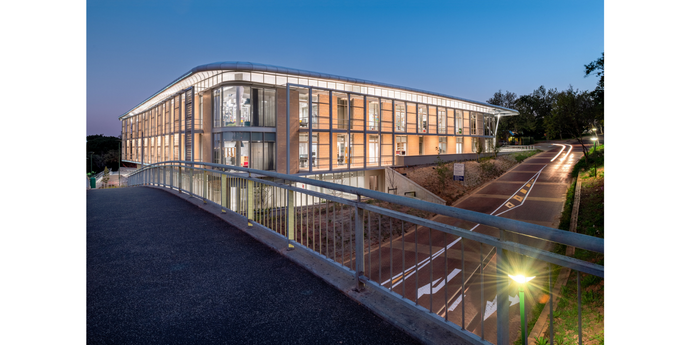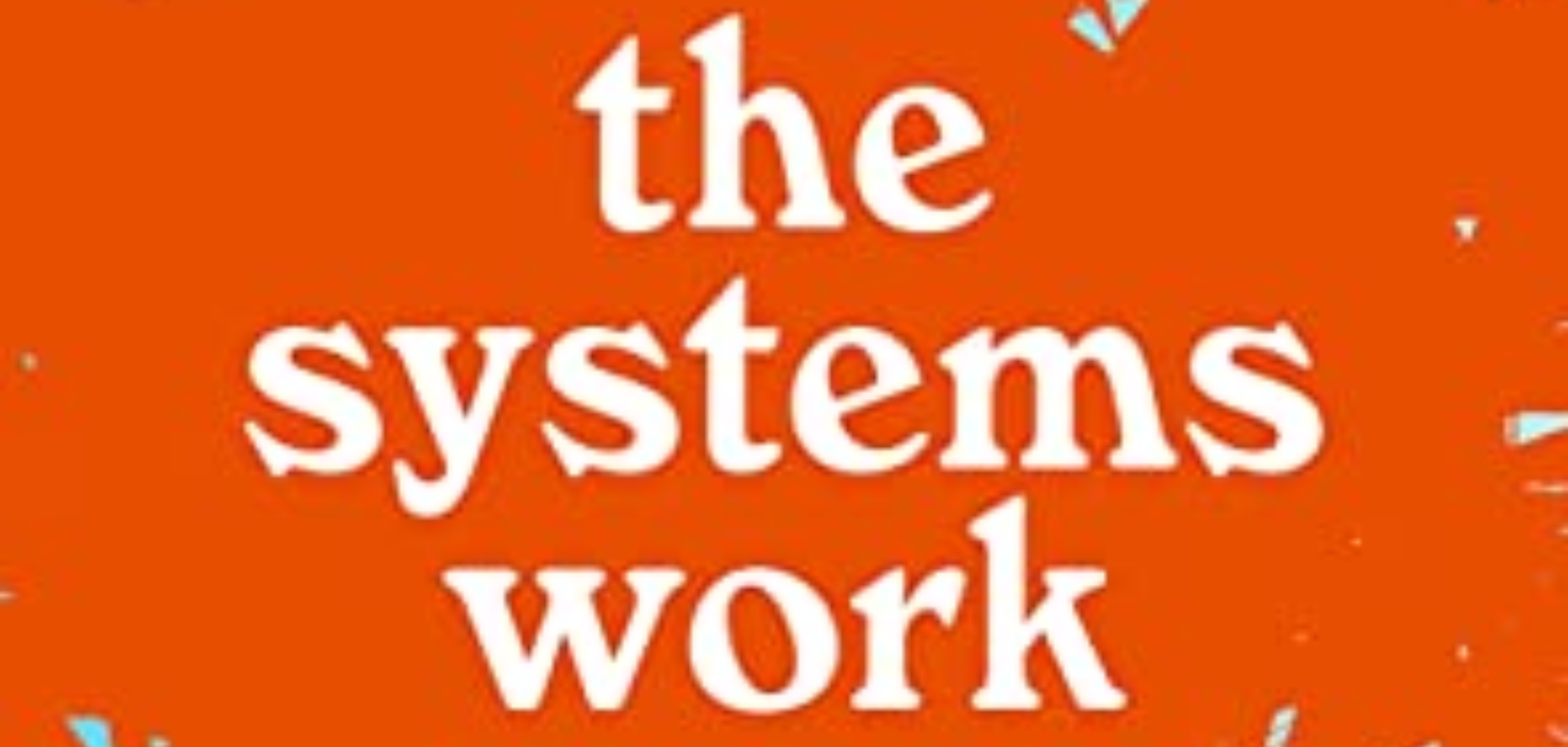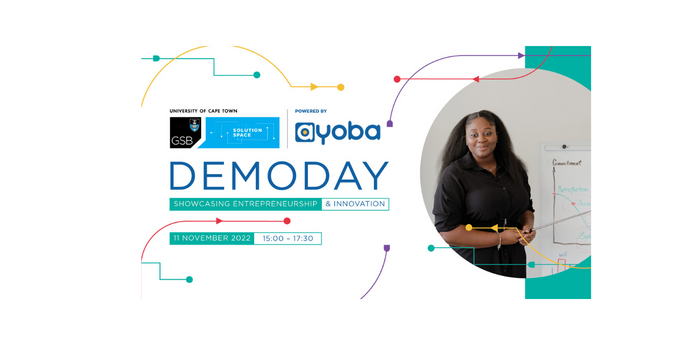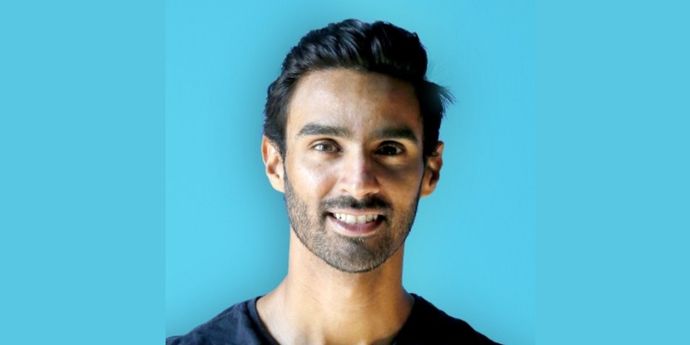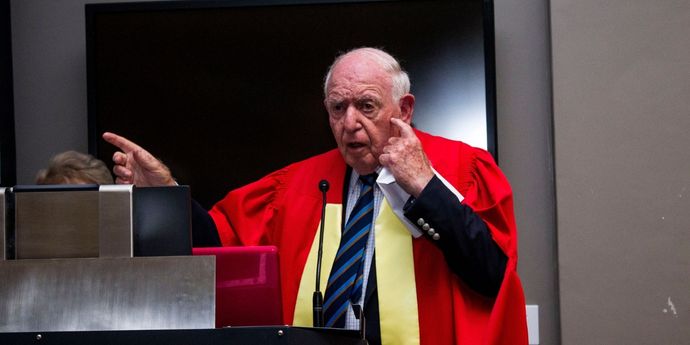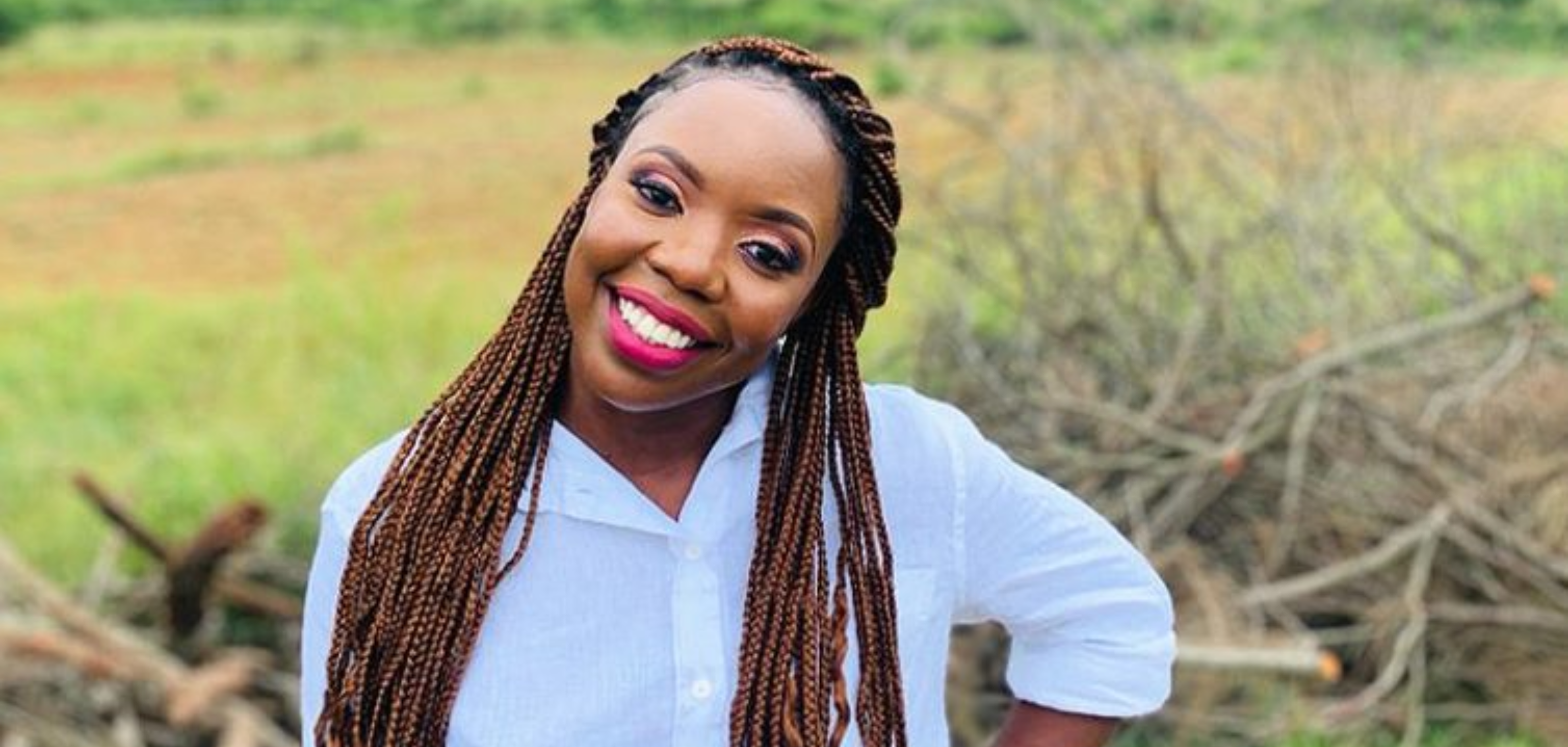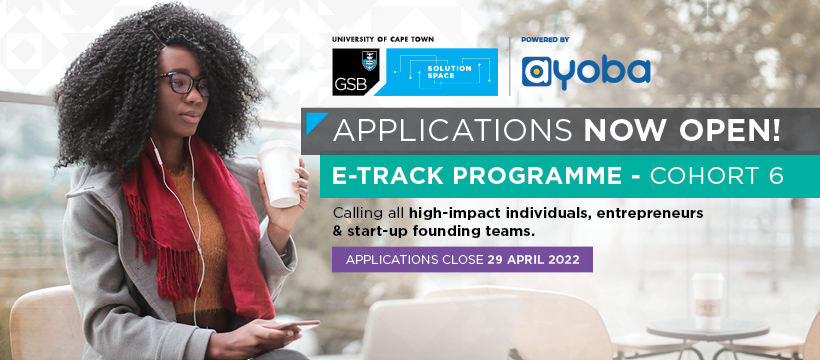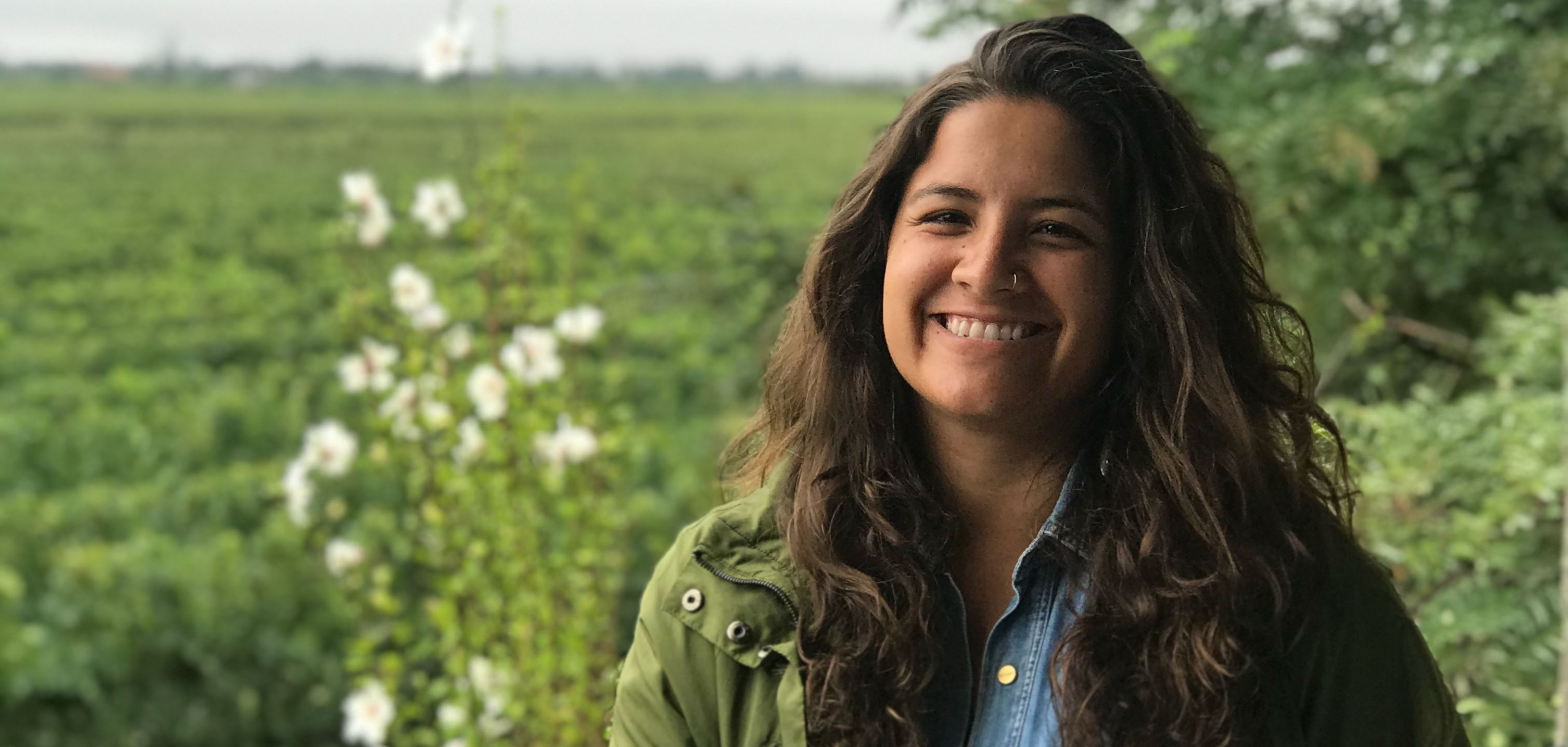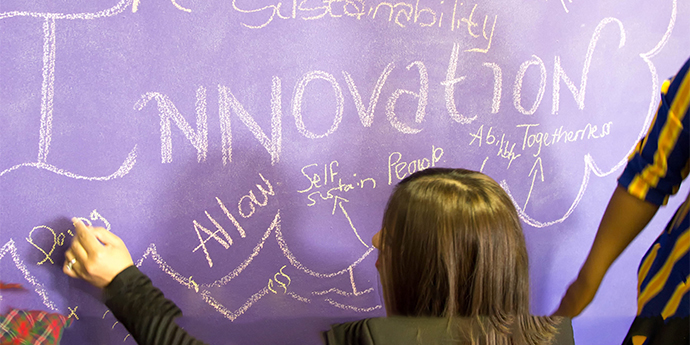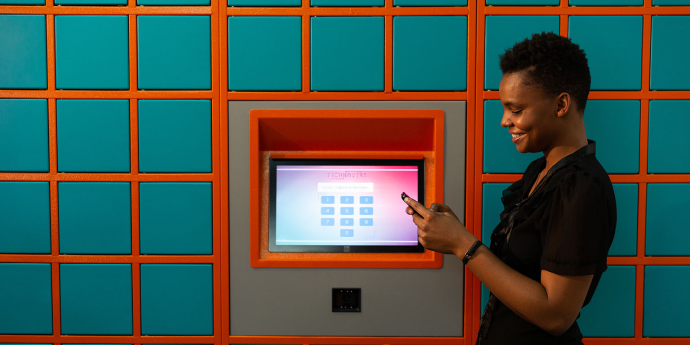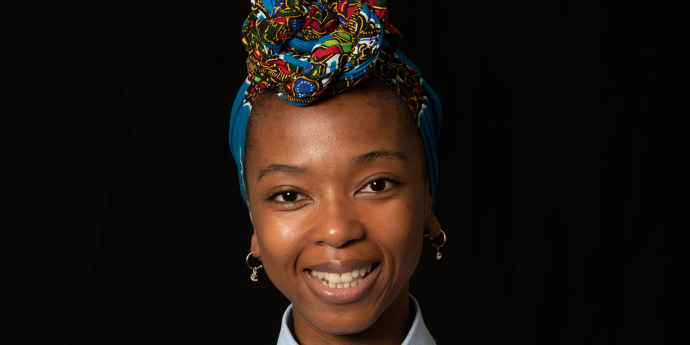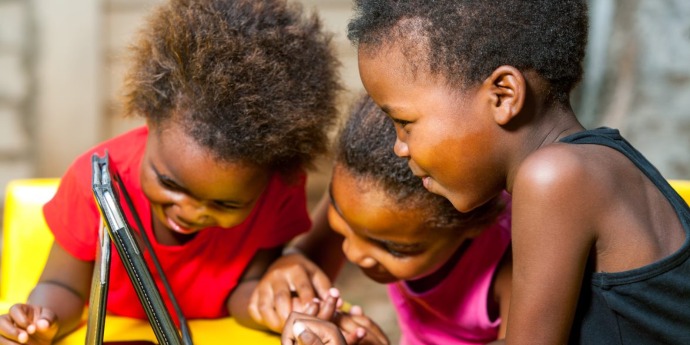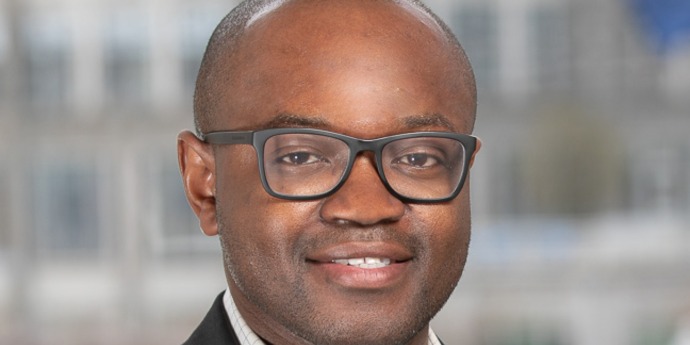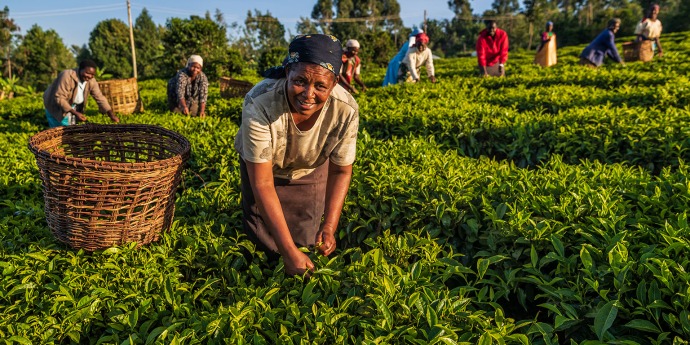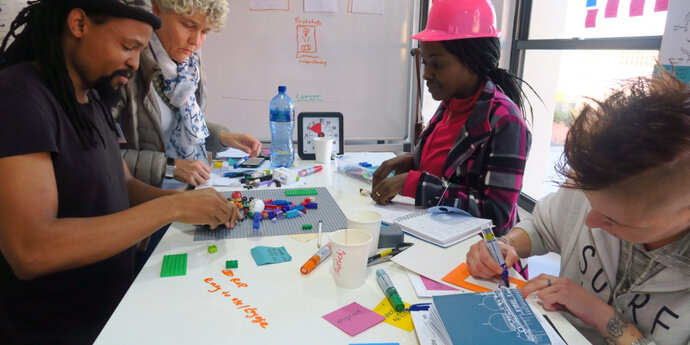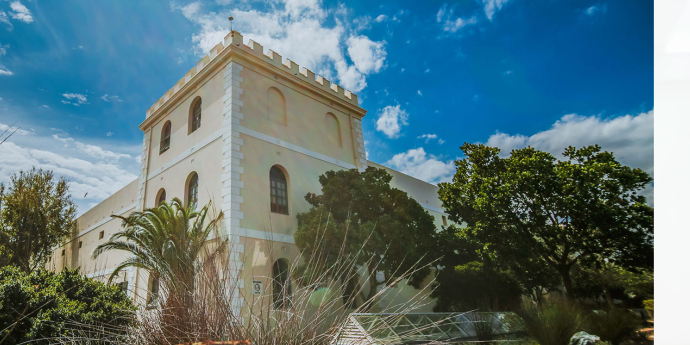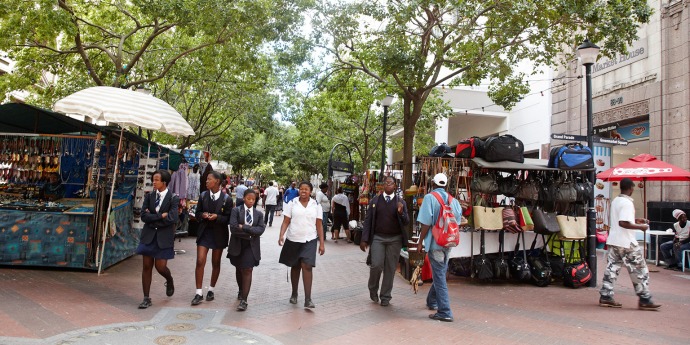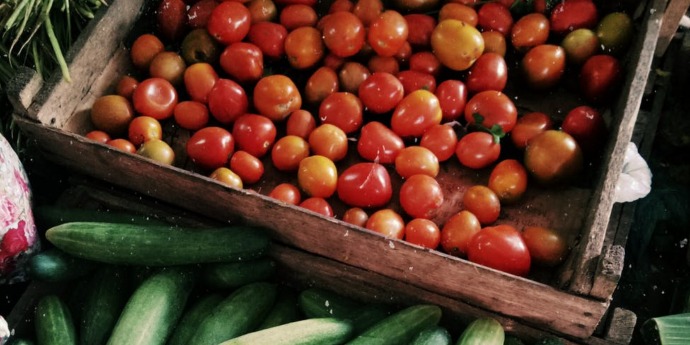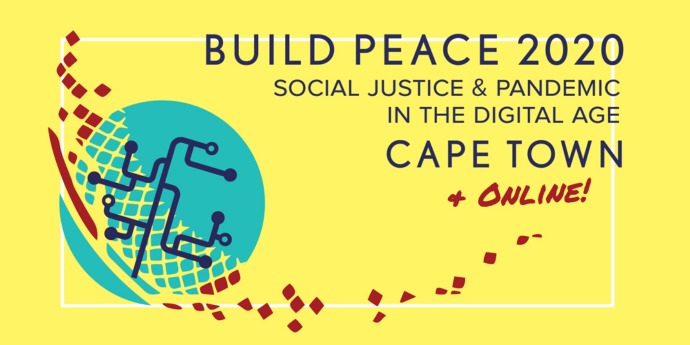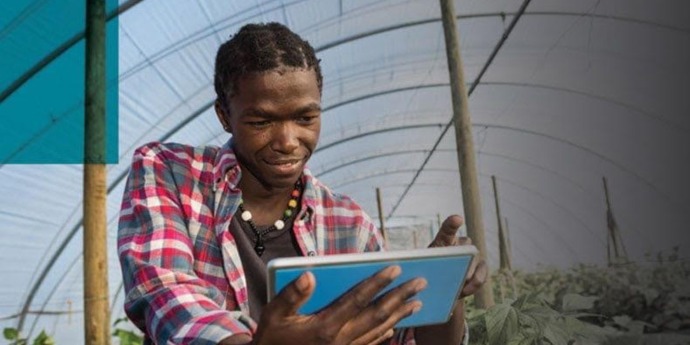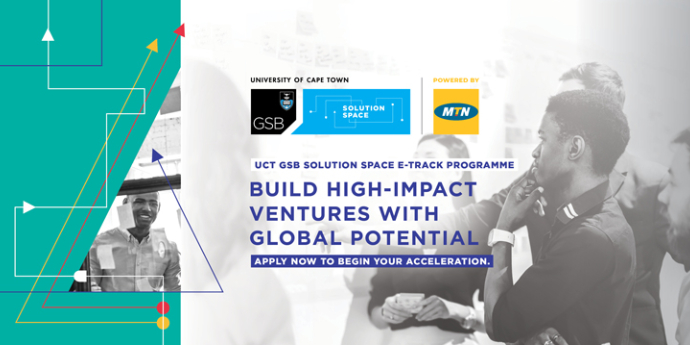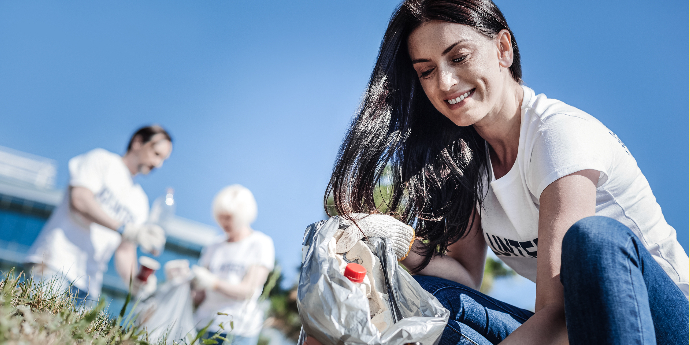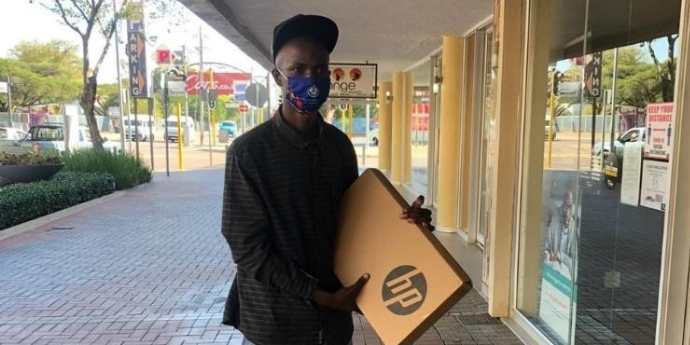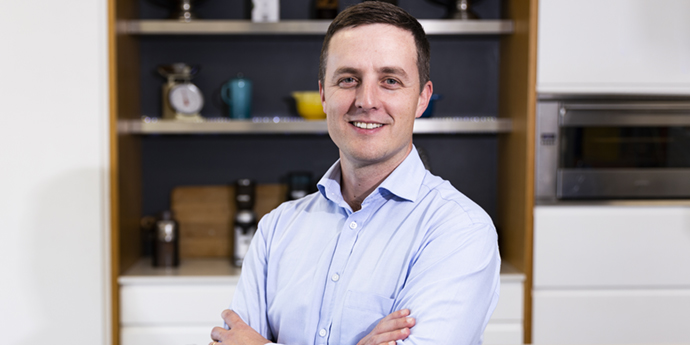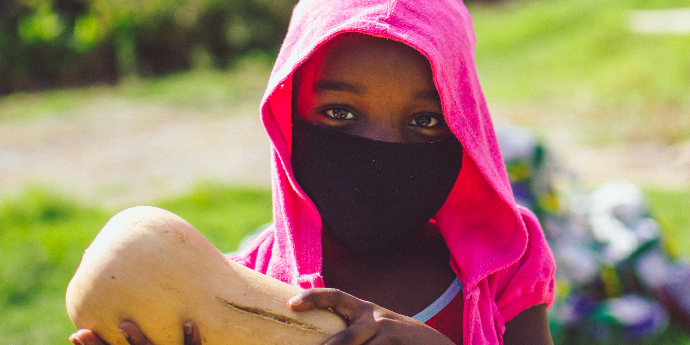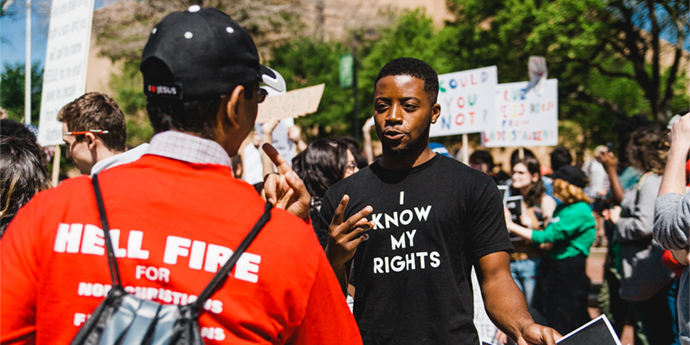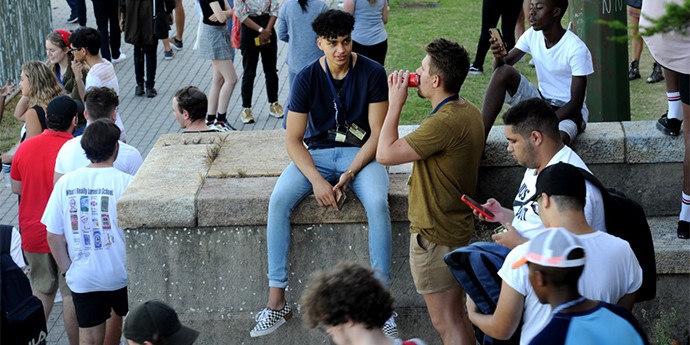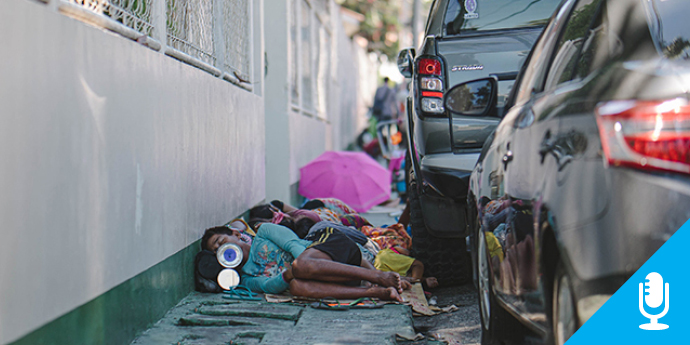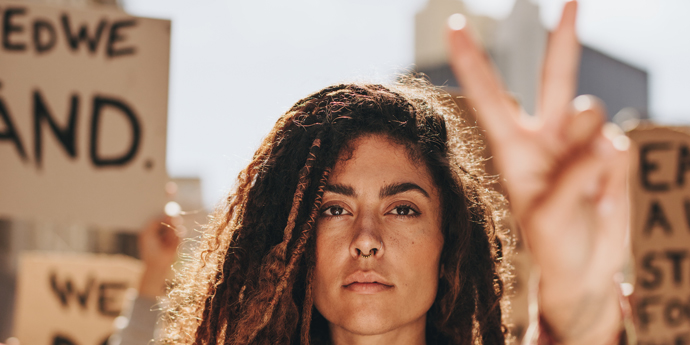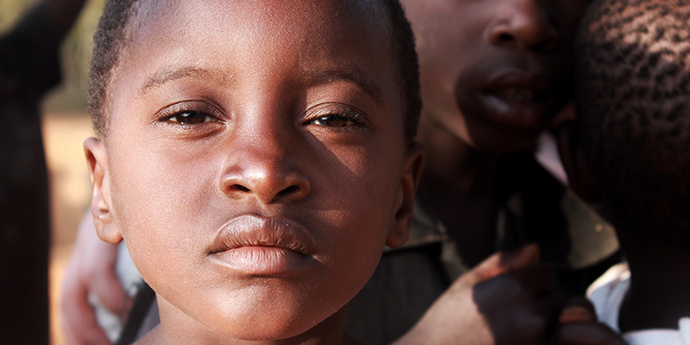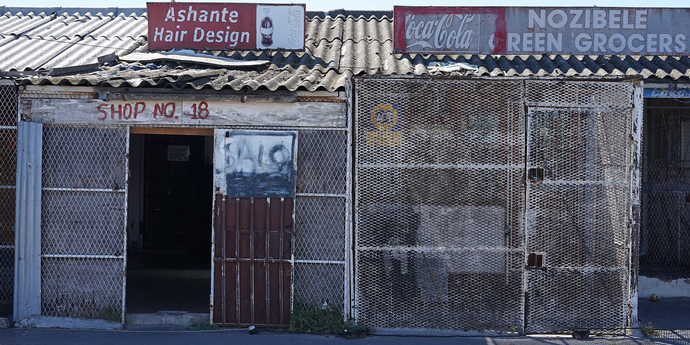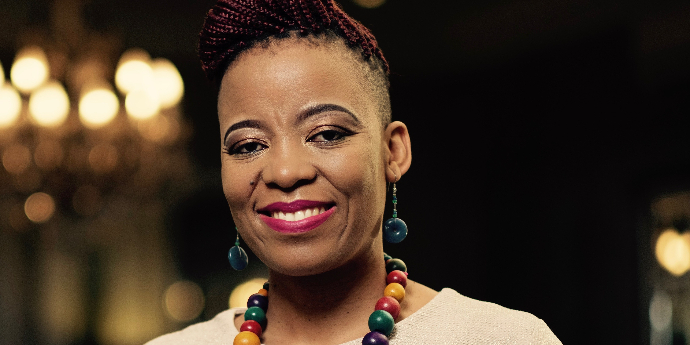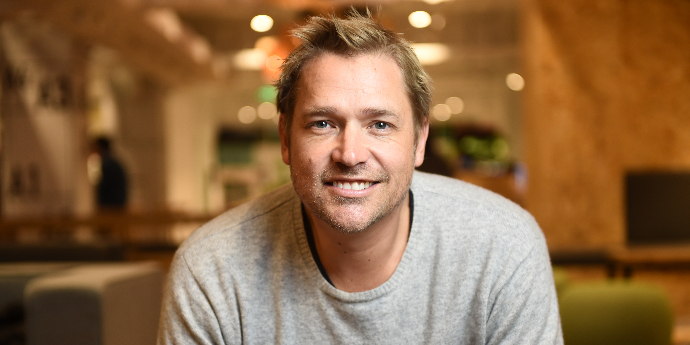While Covid-19 is wreaking havoc in our economy and our communities, it is simultaneously giving rise to compassion and innovation. Crisis has always been a driver of change, unlocking new ways of doing things, the question is can we sustain these into the future?
Photo credit: Food Flow
Covid-19 has accentuated the devastating consequences of an unequal society. Maintaining social distance, working from home, home-schooling, food security, private transport and medical care are the domain of the privileged, while those with the weakest social protection are facing the brunt of the pandemic.
Across the world, people are responding to these stark inequalities in startling new ways. In the past few months we’ve seen a flowering of social innovation at all levels of society from government and big business, to the community and individual as people reach out to help.
The public sector, for example, has implemented various relief funds, the most significant of which in South Africa, is the Covid-19 Social Relief Grant designed to assist those who have lost their livelihoods for a period of six months. At the same time, President Ramaphosa has claimed that the crisis has swept aside silos in government enabling it to work more effectively than before.
Big business too is stepping up. Vodacom has launched e-School, a free curriculum-aligned service for subscribers. It has also expanded their zero-rated offering to all public schools, universities and TVET colleges. Mining giant AngloGold is supporting health care. Their innovations include the manufacture of 1,000 litre water tanks, the supply and servicing of mobile toilets, and the procurement of intensive care beds for Baragwanath Hospital. Sasol, in partnership with Business Arts South Africa, is supporting the arts sector. And the Solidarity Fund has raised R2,15 billion from a wide range of South African businesses and 172 936 individuals. This fund allows disbursement at a scale we’ve not seen before.
Small businesses have also been incredibly innovative. Sexy-Socks is partnering with a women’s empowerment project to make face masks using fabric off-cuts otherwise destined for landfill. The Fugard Theatre, like many other art venues, is using online platforms to connect with its audience. And new organisations such as Foodflow—an initiative that supports small-scale farmers who formerly produced for restaurants and hotels and delivers their produce to food-insecure communities—have sprung up.
Foodflow is supported by donations from individuals. And indeed, more people than ever before are stepping forward to donate money, join action groups and personally making a difference in their communities. Collective Action Networks (CANs), for example, are emerging in neighbourhoods across Cape Town with the express aim of ensuring that Capetonians are cared for during the pandemic. There are many examples of CANs in wealthier neighbourhoods pairing with those in poorer communities to provide essential goods where the latter take on responsibility for managing distribution within their neighbourhoods.
Common to all these responses is a commitment to addressing social injustices and a willingness to try new things. The appetite for risk must be accompanied by agility and an openness to new partnerships. In many cases, the innovations we see are also closing the gap between policymakers, planners, implementers, activists and those intended to benefit. Those innovators who listen to customers, clients and communities closest to the issues, are, it turns out, often best placed to design effective and sustainable responses. This is often referred to as inclusive innovation and affirms the importance of supporting and amplifying grassroots initiatives.
Many of these innovations have the potential to change South Africa’s social landscape, not as temporary measures, but as long-term solutions. If we want to salvage any good from this crisis, let it be positive changes to our idea of normal. Without a long term shift in the underlying way that our societies are organised and the way food, medical care, education and other social services are distributed and consumed, we can expect the vulnerabilities exposed by the crisis to worsen.
Imagine, for example, if the temporary Social Relief Grant was instituted as a basic income grant, for every adult qualifying as eligible. While the pros and cons of a basic income grant have long been debated, this would be a decisive step towards mitigating poverty, hunger, and overcrowded living conditions endemic in our communities. Apart from its impact on the quality of life of millions of indigent South Africans, it would stimulate the economy by providing them with greater buying power, and deal with those issues which make us all vulnerable to crises.
Changes in our food industry could also be mainstreamed. Lockdown has shown that local producers, small scale farmers and a shorter supply chain are invaluable. With tighter borders expected for some time to come, a preference for local over international products and services should be supported, while new work practices and a reduction in travel can help contribute to a healthier environment and build opportunities for fair and decent work for more people.
Governments must heed the United Nation’s call for a focus on the most vulnerable, approving policies that provide unemployment insurance and social protections, boldly prioritising civic responsibilities alongside profit, and continuing to build relationships across spatial and economic divides.
Ultimately, the mindset of collaboration, innovation and agility that this crisis has shown us is possible, needs to be nurtured and developed and brought to bear to reimagine our world. The big challenges of climate change, food security, unemployment and inequality will be intensified and waiting for us on the other side of this pandemic. Social innovators and disruptors, especially those who are close to the immediate needs of the people they serve, will need to take centre stage to help us build a more sustainable and inclusive economy. This is even more true in situations where traditional actors or the markets have failed.
For many of us, we’ve seen that change is possible and we don’t want to go back to the way things were. This crisis has given us a mandate for change, let’s not squander that.
Dr Solange Rosa is the Interim Director of the UCT GSB’s Bertha Centre for Social Innovation and Entrepreneurship.

